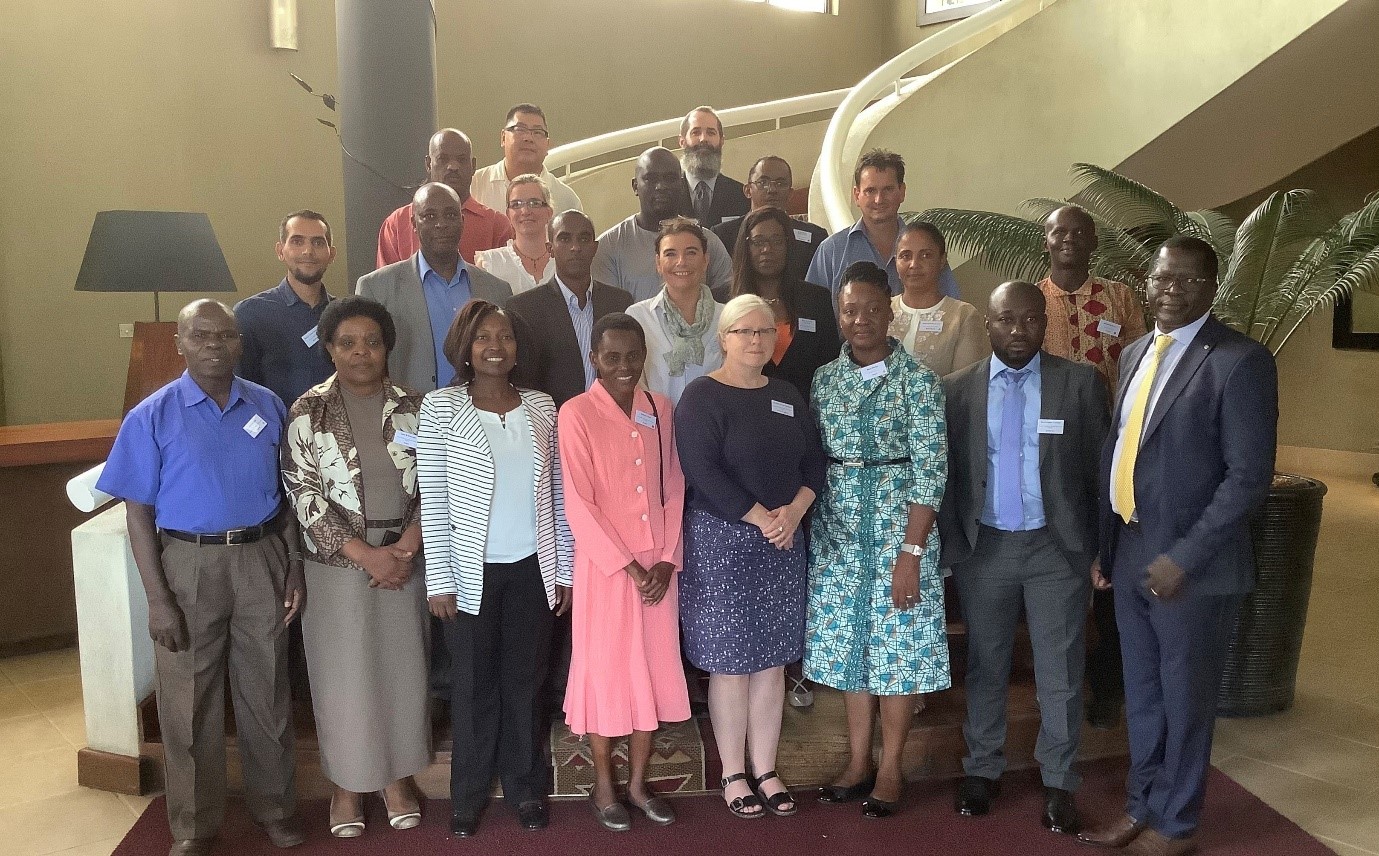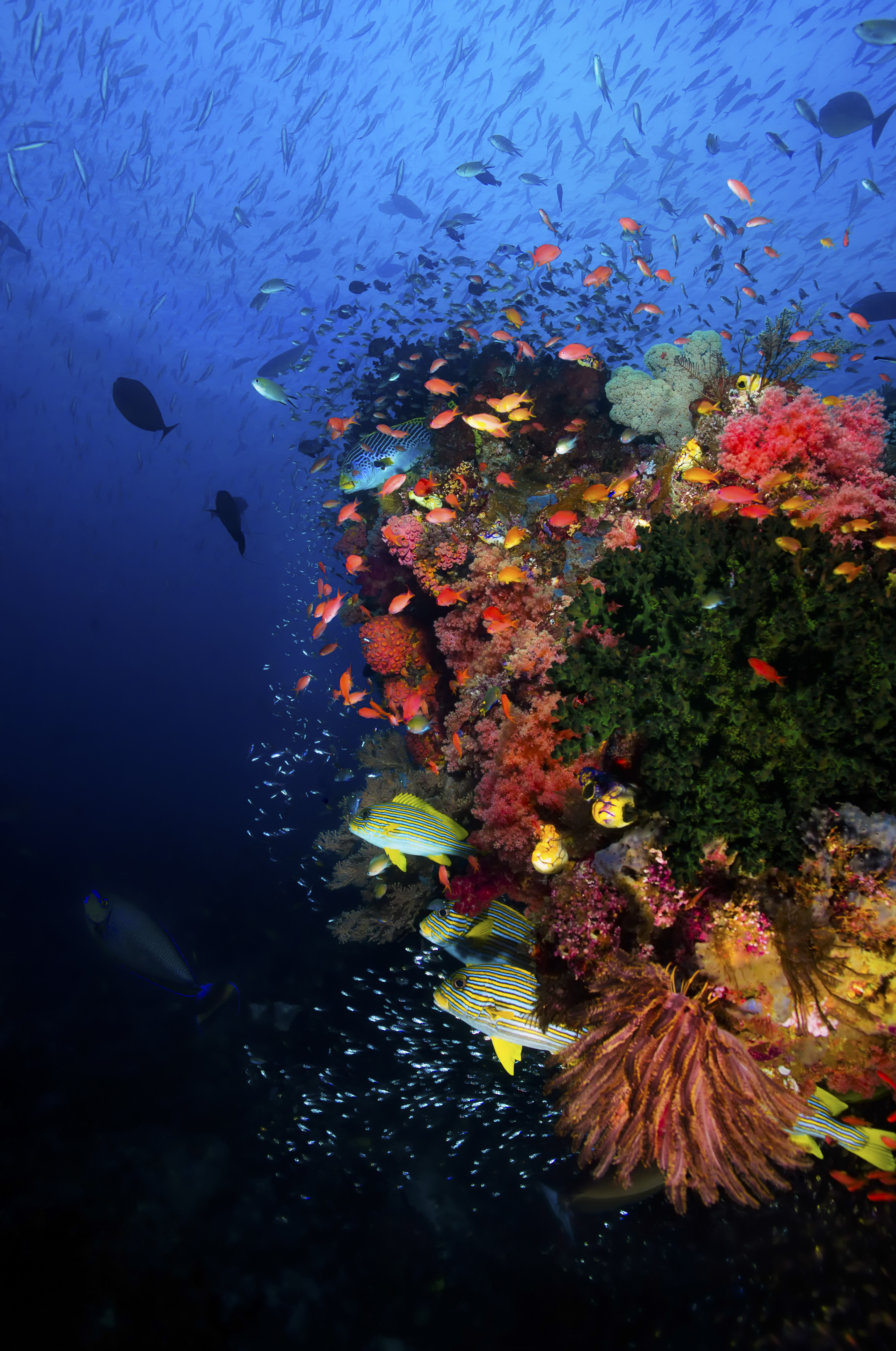Pan-African regional workshop on Bivalve Mollusc Sanitation, November 2019

The pan-African regional workshop on Bivalve Mollusc Sanitation was held at the Ole-Sereni Hotel, Nairobi, Kenya on the 11th -12th November 2019. The workshop was jointly hosted by the FAO Reference Centre for Bivalve Mollusc Sanitation, Cefas and the FAO’s Fisheries and Aquaculture Policy and Resources Division and was supported by the UK’s Food Standards Agency (FSA), Defra and by the FAO. In addition to experts from the FAO Reference Centre and FAO in Kenya, the meeting was attended by delegates from 12 African countries.
The aim of the workshop was to start to build targeted programmes of capability building and networks of Responsible Authorities and Official Laboratories from countries in the FAO Africa region wishing to sustainably develop or expand their production for domestic consumption or Interregional and International trade. Wild caught and aquaculture bivalve molluscs (oysters, clams, scallops etc.) are an eco-friendly source of aquatic protein, providing employment in coastal communities, particularly for women. Bivalves play an important role in global food security but can sometimes pose risks to the consumer from microbiological and other hazards. Of the 16 M tonnes of bivalves produced annually only 500,000 tonnes are traded outside of the country of production; barriers to trade include product safety, compliance and equivalence with legislation.
The outputs from the workshop include a set of resolutions, summarising the agreed position of the meeting delegates, and a report including more detail. We have also made the presentations given by the FAO Reference Centre available on the website.

